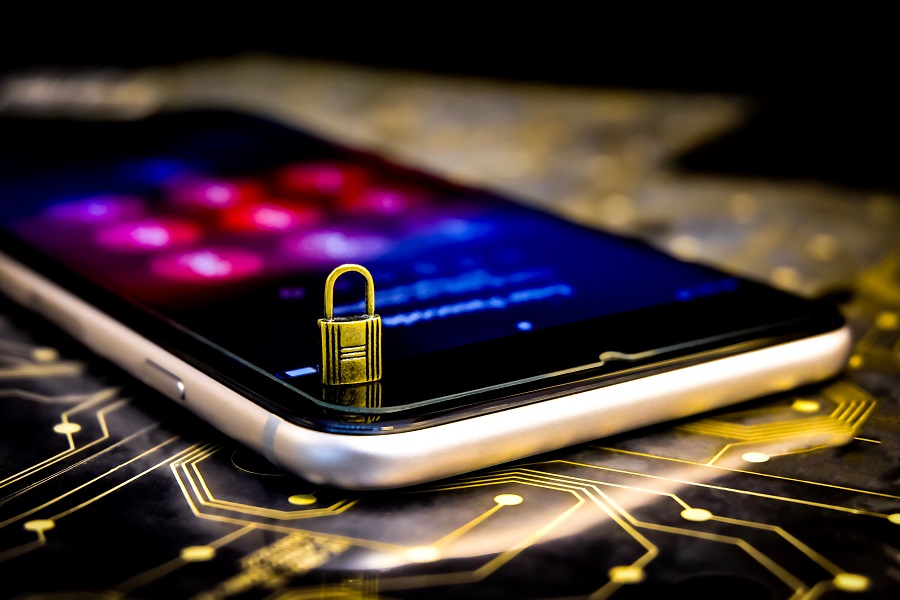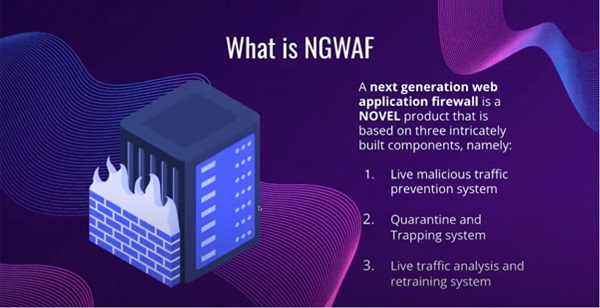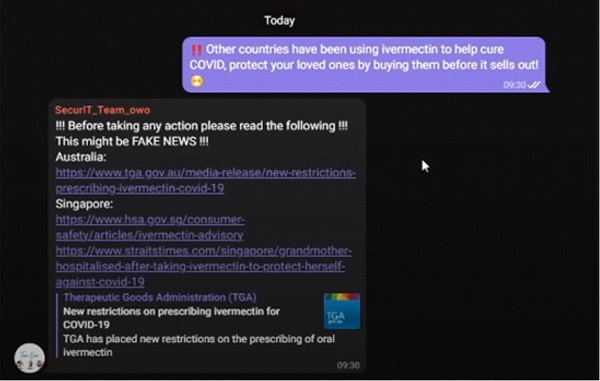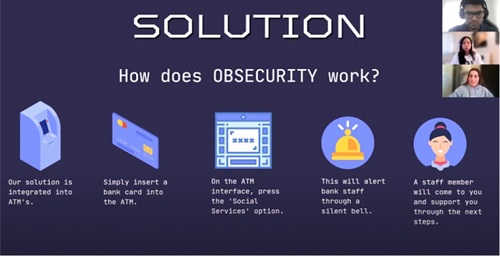Technology
Students Tackle Cybersecurity Issues via Hackathons Australia and Kaspersky


Seventy students across Asia Pacific, including the Philippines, Australia, Malaysia, Singapore, and India, took part in the APAC Secur’IT Cup hackathon last month, which was organized by global cybersecurity company Kaspersky together with Hackathons International.
Over the course of 29-31 October, 16 teams were mentored by industry specialists from tech giants such as Atlassian, Microsoft, Google, Canva, and Kaspersky alongside experts from the academia, government, and NGOs.
Now in its third year, the Secur’IT Cup tasked students with sharing research and project ideas that could help:
- Improve security assessment processes for web and mobile applications, corporate networks or industrial objects
- Apply machine learning to improve cybersecurity technologies and narrow the damage caused by cyberattacks
- Protect violence survivors in the digital and physical world from stalking, bullying, and hidden tracking
- Prevent IoT devices from exposing users’ privacy
The winning research project
Students Yu Pengfei and Matthew Ng Wei Le from the Singapore Institute of Technology and National University of Singapore, respectively, took home the winning prize of 1,000 Australian dollars (36,406.95 Philippine pesos). The pair’s submission also won an entry to the Global Secur’IT Cup Finals in December, which has a reward of USD 10,000.


Winners Team Waflegends’ description of Next Gen WAF
Pengfei and Wei going by the name of Team Waflegends, chose to tackle a new way of applying machine learning in cybersecurity. They devised a concept around Web Application Firewalls (WAF), which the duo describes as “the first line of defense” in a cyberattack.
“WAF today can be bypassed due to weak configurations or the lack of updates to new vulnerabilities found every day. As they are rule-based, it is extremely difficult to find the optimal rule to prevent every attack. We felt it was vital to strengthen WAF to protect the ever increasing number of cybersecurity breaches,” explains Pengfei and Mr Wei.


Demonstration of Team OwO’s Fake News botnet
Their winning solution – Next Generation WAF – utilizes the power of machine learning to “not only constantly upgrade itself when fed with data as malicious actors attempt to breach it, but also successfully detect payloads without the need for the traditional block or allow list.”
The runners-up winning $500 was Team OwO, composed of Deondra Goh and Bao Ren Lim from Singapore and Kuck Swee Nien from Malaysia. They developed a service that uses machine learning to detect fake news and cybercriminal abuse on social platforms and notify their users, focusing predominantly on WeChat, WhatsApp, and Telegram.


Team Ethical’s solution ‘Obsecurity’
Third placer winning $300 worth of Amazon vouchers was Team Ethical composed of Australian students Eleni Lykopandis, Subham Saha, and Natnaree Laoharawee. Choosing to tackle the fighting cyber violence’ stream, the group developed a technical add-on to a bank ATM called Social Services, which would enable victims of violence to access support covertly without raising external suspicions. The solution would act as an independent advisor and link to social, legal and financial services.
The lone research entry from the Philippines was Joey Zantua, Jr. from the Camarines Norte School of Law. A BS Legal Management student, Zantua submitted a project idea into the competition track on fighting cyber violence.
Expert panel of judges
Six judges took a week to deliberate on winners, assessing each project on the level of creativity, technical feasibility, and the potential to implement a proof of concept.
Judge Matt Byrne, senior manager of Threat Intel at PricewaterhouseCoopers (PwC) said: “There were brilliant ideas and some of the prototypes were very impressive. I would love to see a few of the concepts come to fruition and I hope the students can actually implement them commercially as I think the ideas would do really well.”
Fellow judge Karen Bentley, CEO of WESNET, who also supported the teams tackling the cyber violence track, commented: “I was very impressed with the students- there were some really interesting and novel concepts presented. I could see they had really understood the issue and worked on addressing the challenges faced by users of their proposed solution, and some took time to truly consider survivor safety which is paramount.”
Kaspersky ANZ General Manager Margrith Appleby noted, “Many of the concepts the students developed are truly brilliant. Each year we’re blown away by their ideas and it makes me excited at what the next generation of cybersecurity experts are capable of. We just need more of these brilliant minds to help fill the cybersecurity skills gap across the region!”
Industry Mentors for Secur’IT APAC 2021:
- Kaif Ahsan, Atlassian
- Suhaas Madhyastha, Ankura
- Bronwyn Mercer, Microsoft
- Jennifer Elliott, Microsoft
- Jasmina Zito, Canva
- Kanishk Gaur, India Future Foundation
- Vivan Yue, NSW Department of Communities and Justice
- Kavika Singhal, Western Sydney University
- Vanessa Lo, CyberSentio
- Candice Bowditch, Google
- Karen Bentley, WESNET
- Craig Davis, TriSecOps
- Larry Zektser, Bugcrowd
- Kirill Vorozhtsov, Kaspersky
- Leonard Sim, Kaspersky
Student country breakdown
Australia (15), Malaysia (18), Singapore (20), India (9), Vietnam (2), New Zealand (1), Philippines
(1), China (1), Thailand (1), Sri Lanka (1), Bangladesh (1).













